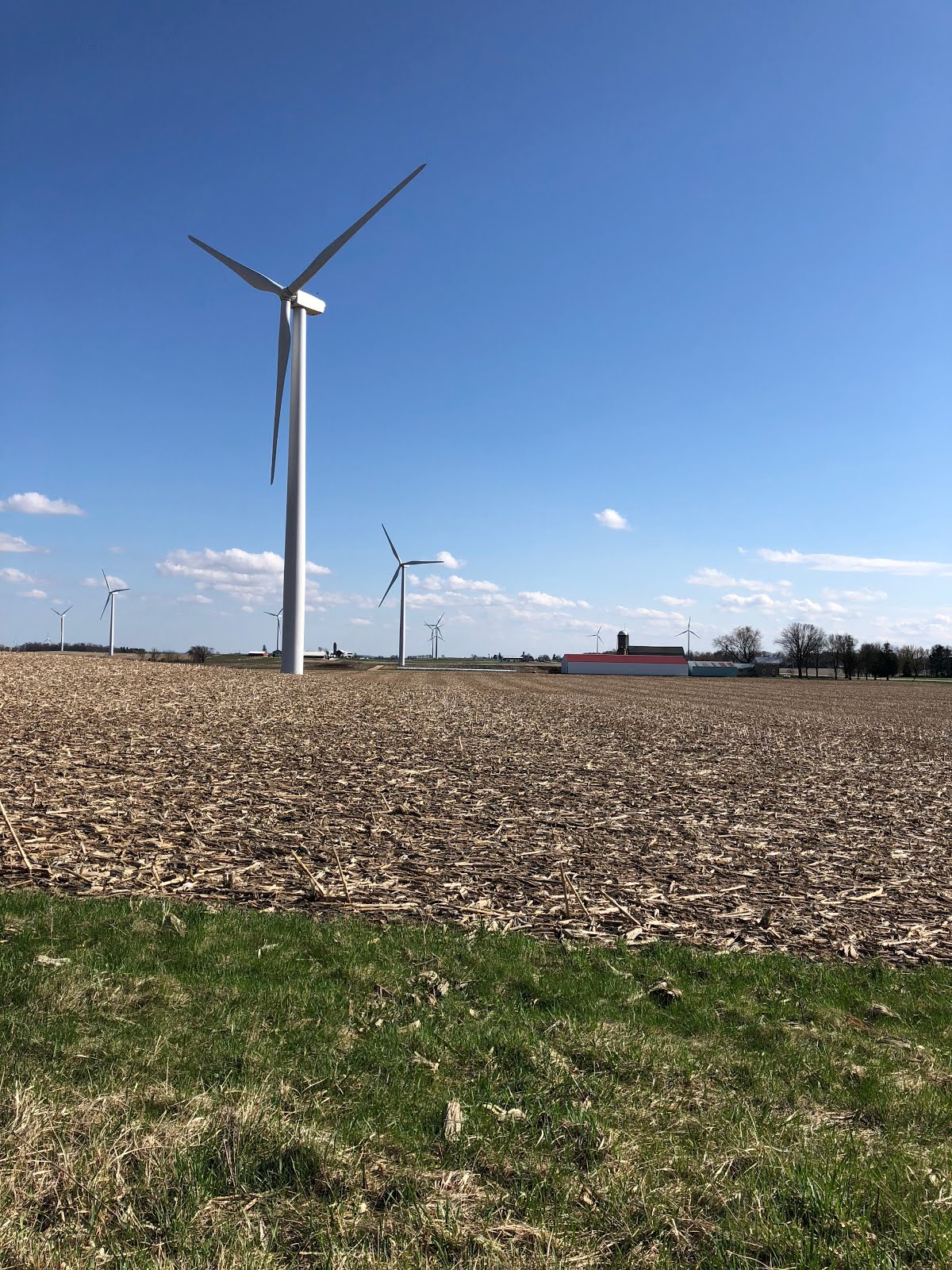Journal Sentinel Raises Murphy Oil Profile, Misses A Little History
The Journal Sentinel joins the Murphy Oil refinery expansion story. The glare of publicity is good, following op-eds about this likely major refinery expansion on Lake Superior that have appeared in both the Madison State Journal and Capital Times, and on this blog for weeks.
Murphy has had a pretty bad track record at its Superior refinery, including a finding of willful withholding of air quality data from state permitting regulators a few years ago that resulted in record fines.
You can read the official US Justice Department release on the company's legal problems, along with details of the fines and clean-up orders, here.
And polluted runoff from the refinery into the ground and nearby waters has taken years and more millions to clean up.
You can find the details about the expensive trashing and clean-up of Newton Creek by Murphy Oil on the City of Superior's official website, here.
This history, like the company's air quality performance and legal problems, didn't make it into the Journal Sentinel story - - but somehow, the MMSD did.
No one is endorsing putting pollutants into the Great Lakes - - except the State of Indiana and British Petroleum, which had agreed earlier this summer to allow BP to add more ammonia and sludge to Lake Michigan at a refinery in Whiting, IN.
Public pressure rolled back that plan, as BP figured out a way to treat its refinery waste on-site rather than use Lake Michigan as its industrial toilet. And got itself out of a sticky PR mess up and down the Great Lakes.
What's in store for the streams and wetlands around the refinery property, as well as for Lake Superior, as Murphy plans a six-fold expansion in refining capacity?
Time will tell, but activists and media can help hold state regulators and company officials' feet to the fire when Murphy's expansion plans proceed, since the standard for permits issued to users of Lake Superior water is no new additional pollution.
You'd like to think that we in Wisconsin can count on the DNR to lay down a tough line with Murphy on behalf of Lake Superior, citing the US Clean Air Act, the US Clean Water Act, and the Public Trust Doctrine, which speaks clearly from the Wisconsin State Constitution on behalf of the importance and imperative of state water protections.
But while protests swept the Great Lakes region against the BP plan, Wisconsin's DNR kept silent, perhaps because they knew that Murphy might want a similar arrangement on Superior, the cleanest of the Great Lakes.
After the fight was over, BP had lost and the public had won, a DNR official was quoted saying that what BP had planned to do was not quite the big deal that some critics had claimed.
A word to the wise: keep your eye on the DNR on this baby.









No comments:
Post a Comment